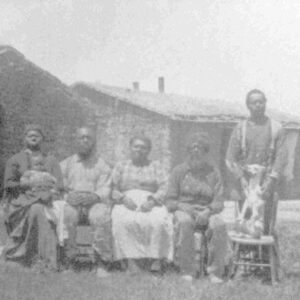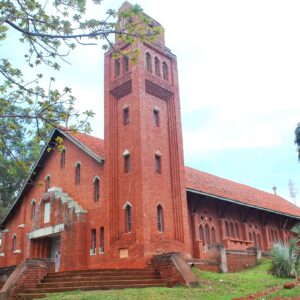Kampala, Uganda – Detained Ugandan opposition leader Dr. Kizza Besigye has called off his hunger strike, a protest that lasted over a week, following the transfer of his legal case from a military court to a civilian court, his legal team confirmed today. The decision marks a significant development in a case that has drawn widespread attention both domestically and internationally.
Besigye, a veteran politician and long-time critic of President Yoweri Museveni, began his hunger strike on February 10 to protest his detention and impending trial in a military court on charges including illegal possession of a firearm, threatening national security, and treachery—offenses that carry the death penalty under military law. His health deteriorated significantly during the strike, prompting a brief hospitalization earlier this week and raising alarm among supporters and human rights advocates.
The shift of Besigye’s case to a civilian court follows a Ugandan Supreme Court ruling last month that declared the prosecution of civilians in military courts unconstitutional. The government, facing mounting public pressure and international scrutiny, announced earlier this week that it would comply with the ruling. Information Minister Chris Baryomunsi visited Besigye in Luzira Maximum Security Prison on Sunday, urging him to end the hunger strike and assuring him that the transfer of his case was being expedited.
Erias Lukwago, Besigye’s lawyer, confirmed the end of the hunger strike in a statement on Friday: “Dr. Besigye has decided to suspend his hunger strike following his formal introduction in the civilian courts today. This is a step toward ensuring his rights are respected under the law.” Lukwago added that Besigye was further remanded until March 7, 2025, as the civilian court process begins.
The 68-year-old opposition figure, who has challenged Museveni in four presidential elections, has been in detention since November 2024, when he was allegedly abducted in Kenya and forcibly returned to Uganda. His arrest and subsequent military prosecution sparked outrage, with critics accusing the government of political persecution ahead of the 2026 presidential elections. Besigye’s frail appearance in court last week further fueled public anger and calls for his release.
Winnie Byanyima, Besigye’s wife and the executive director of UNAIDS, had earlier described the government’s actions as “highly suspicious” and vowed to hold authorities accountable for any harm to her husband. On Friday, she expressed cautious relief on social media, stating, “This is a small victory, but the fight for justice continues.”
The Commonwealth, Amnesty International, and other human rights organizations have closely monitored the case, with the Commonwealth issuing a rare rebuke of Uganda on Tuesday, calling Besigye’s detention a threat to democracy and human rights. President Museveni, however, dismissed concerns about Besigye’s health earlier this week, labeling the hunger strike “unprincipled blackmail” aimed at securing bail.
Besigye’s decision to end the hunger strike has been met with mixed reactions. Supporters celebrated it as a tactical move to preserve his strength for the legal battle ahead, while some expressed disappointment, viewing the protest as a powerful symbol of resistance against Museveni’s decades-long rule. The president, in power since 1986, is widely expected to seek re-election next year.
As the case moves forward in civilian court, analysts say it will test Uganda’s judicial independence and could set a precedent for the treatment of opposition figures. For now, Besigye remains in custody, but his strike’s conclusion offers a temporary reprieve in a saga that has gripped the nation.







